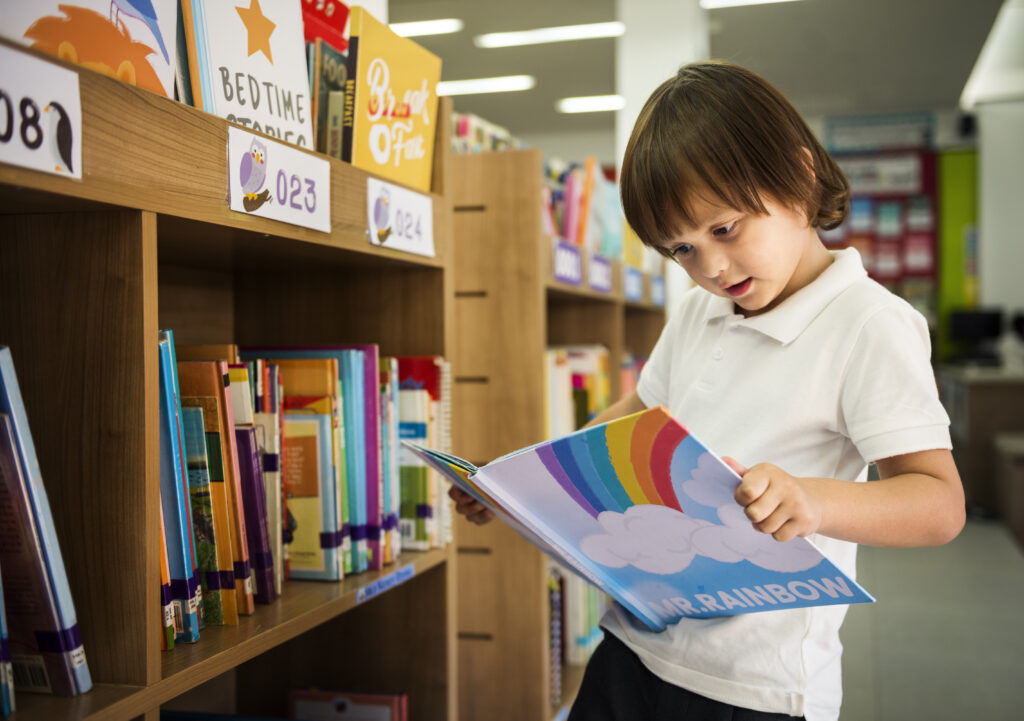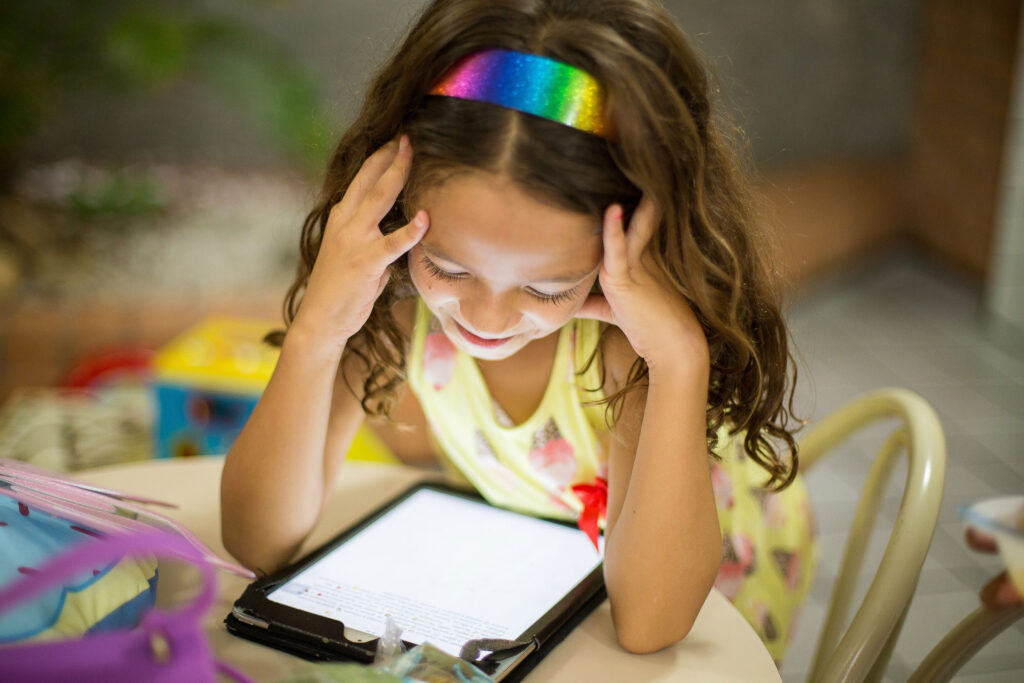Dissemination
Activities for project’s promotion
The plan
Project's promotion
According to the rules defined in the Dissemination Plan, the activities for project’s promotion will be realized by all partners. They will give their own contribution at this common task, for guaranteeing a continuous information flow about the different project actions and on the results gradually produced. The dissemination will be developed along the project’s lifetime, ensuring its complete covering: from its start up to the exploitation of its final results.

The main dissemination’s purpose is to make project’s results useful, not only for the directly involved organizations, but also for all the other educational institutions and educative professionals (both local and international), which are/could be interested in knowing and adopting the family and teacher guide approach provided by the project. For that reason, it will be developed with special regard to the promotion of project’s I.O., for ensuring their widest possible divulgation, accessibility and use by the defined target groups.
The Dissemination Plan, indeed, includes also the scheduling and organization guidelines for Multiplier Events, such as specific thematic seminars with technical workshops and roundtables for teaching staff and educative operators. These events will be organized as scientific and informative symposiums in each country at the headquarters of the most suitable partner institution able to ensure the maximum involvement of their target groups.
In order to provide for the dissemination activities the widest circulation, their target groups have been individuated at local, regional, national and EU level. These target groups are:
- Educational institutions of different order and level, with special attention to primary education and nursery schools.
- Teaching staff, families, school administrators, school guidance professionals.
- Parents’ associations and families with special consideration for those who have children who attend early childhood education and primary education.
- Departments specialized in didactics of the languages of public institutions, which can contribute to disseminate knowledge and awareness of the project innovations for the educational environment.
- The public offices responsible for the definition of educational policies, to attract their interest on the contents of the guides, as well as the report on the current European context of languages.
The dissemination activities will allow the different institutions and professionals interested in:
- Know the activities of the project and its results
- To improve the educational offer through the integration of innovative contents in the teaching practice of teachers within the curriculum.
- Freely access and use all the results of the project thanks to the fact that the REA can be used publicly through the online platform
Discuss the results of the project and proceed to transfer the good practices developed in their own work / institution.
The dissemination activities will also allow the partners:
- Promote and disseminate project activities and their main purposes in their respective territories, among their stakeholders and networks
- Show the phases of implementation of the project and its relative progressive results achieved
- Publicize the dates, time and places of the project activities, with special attention to the multiplier events for I.O. dissemination, in order to provide information and details to encourage the participation of educational professionals and families.
- Facilitate educational institutions or school professionals potentially interested in project activities in the collection of information
- Give visibility to some particular problems useful for institutions / educational organizations or professionals working in this specific area to innovate their curricula and didactic methodologies aimed at the educational community (family, teacher, students, university students) in relation to reading skills.
- Give visibility to the education sector, creating awareness about their needs and development perspectives.
The main objective of the dissemination activities is to give maximum visibility to the purposes and results of the project, in order to prefer the exploitation of their own results such as the family guide, the teaching guide and the online platform, which allows access to them.
The Dissemination Plan provides partners with shared rules to manage the promotion and exploitation of projects, using the most appropriate channels / means for the selected target groups. The results, the IO developed and the experiences acquired within the project will be disseminated by the dissemination activities among the participating organizations, their stakeholders and the shared work networks.
The main dissemination activities and tools will be:
- Local newspapers press releases organized near the milestones of the project to announce their purposes and explain the results obtained, as well as the results related to media promotion through the most used social networks, with the aim of improving the visibility of the project in the web showing its development process and the results obtained gradually, and to encourage participation in dissemination events, especially in multiplier events.
- Scientific information aimed at education professionals and families.
- Specific news letters to send to educational organizations working in education (early childhood education centres (3-6 years) and primary school (6-12 years old), university departments of language teaching, other educational university departments, organizations of public and private research involved in education, etc.) to present the main lines of the project.
- Specific informative mailing list for the educational departments of public institutions. These will also be involved in the main event of disclosure of the project’s OIs.
- Specific scientific / informative symposia with technical workshops and round tables for teachers and families, to be organized in each partner country in order to introduce, explain and exploit the IO of the project.
- Diffusion in prestigious journals nationally and internationally (with free access).
Within the partnership the responsible for dissemination activities will be Centro Machiavelli, which is also the project’s Technical Coordinator, attending to the main organizational and managing tasks. It has been selected by the Applicant Coordinator to has a long experience in managing transnational EU projects and it has often had the responsibility to treat their information and dissemination campaigns, arranging their related activities, means and schedule. Therefore, Centro Machiavelli, especially with its EU Projects Department, is equipped with high qualified organizational and technical staff, who have all the necessary experience for planning, coordinating and developing all the national and transnational dissemination activities.

In order to guarantee an effective realization of the dissemination activities and the proper spreading of the pedagogical issues promoted by the project, the coordinator will create a checklist comprising all the activities of the dissemination plan.
Once the final version of Dissemination Plan has been established and reviewed by the Applicant Coordinator, partners will jointly define project’s graphic design such as its Logo and the use of other specific visual elements for the external communication.
Furthermore, Centro Machiaveli will provide all the other partnership members with specific advices, templates of promotional materials and dissemination tools. Partner’s professionals will also define in detail the executive strategies for dissemination, taking in special account the schedule and the organization of Multiplier Events for the accurate promotion of project’s Intellectual Outputs in each partner country, and the information about the online platform operation for easily access to the OER.
All the dissemination activities will be carried out in close cooperation by all partners according to the common strategies and with shared means identified by Centro Machiavelli, in order to give visibility to project’s aims and results, not only within their local or national context – among their stakeholders and working networks – but also inside the European Educational Systems, reaching all the educational institutions active in this field at transnational level, which could be interested in. The person of contact of each organization will be the responsible for the dissemination in his/her country.
These activities will contribute to disseminate the toolkits and other intellectual products proposed, allowing the teaching staff, families and educational professionals to help encourage habits and attitudes to encourage reading in the students of early childhood education and primary education.

The partners will develop the dissemination activities as transversal task to the whole project structure and they will be concentrated on spreading its results to a wide range of existing or potential users. Therefore, the objective of the proposed Dissemination Plan is to identify and optimize the activities to be performed in order to promote the exploitation and the widest diffusion especially of the project’s Intellectual Outputs. In order to achieve the wider dissemination and valorization of all the project’s outputs, partners have based the Dissemination Plan on the following project’s quality points:
- As an intervention supported by the EU program, it intends to contribute to reinforcing the habits and attitudes of students through the “Reading Education Toolkit” of families and teachers to ensure that these two pillars in the life of children help them to reading learning.
- Support the improvement of the quality of the effectiveness of European education systems in relation to reading, promoting the cooperation of the EU between educational and social institutions.
- It wants to contribute to improving the educational offer by renewing educational programs / curricula with the innovative approach.
Free provision to all European educational institutions or organizations active in similar fields and interested in the objectives promoted by the project, thanks to the OER loaded on the online platform.

Our greatest acheivement
For most common dispositive, usable by teachers and educators to work with 3-12 years old children. App is based on the concept of ludic learning to stimulate children’s creativity and imagination through interactive games


